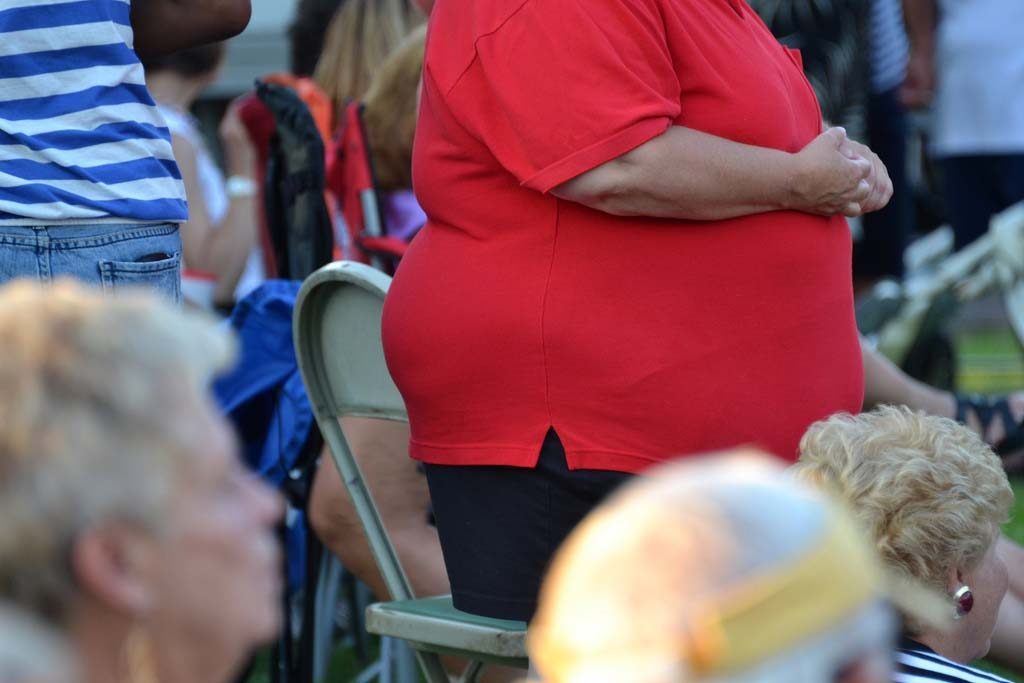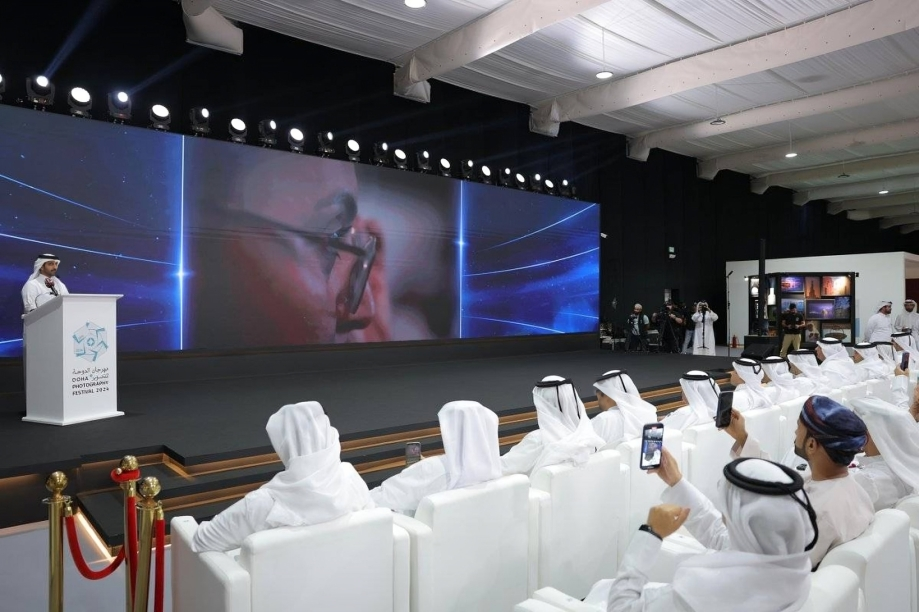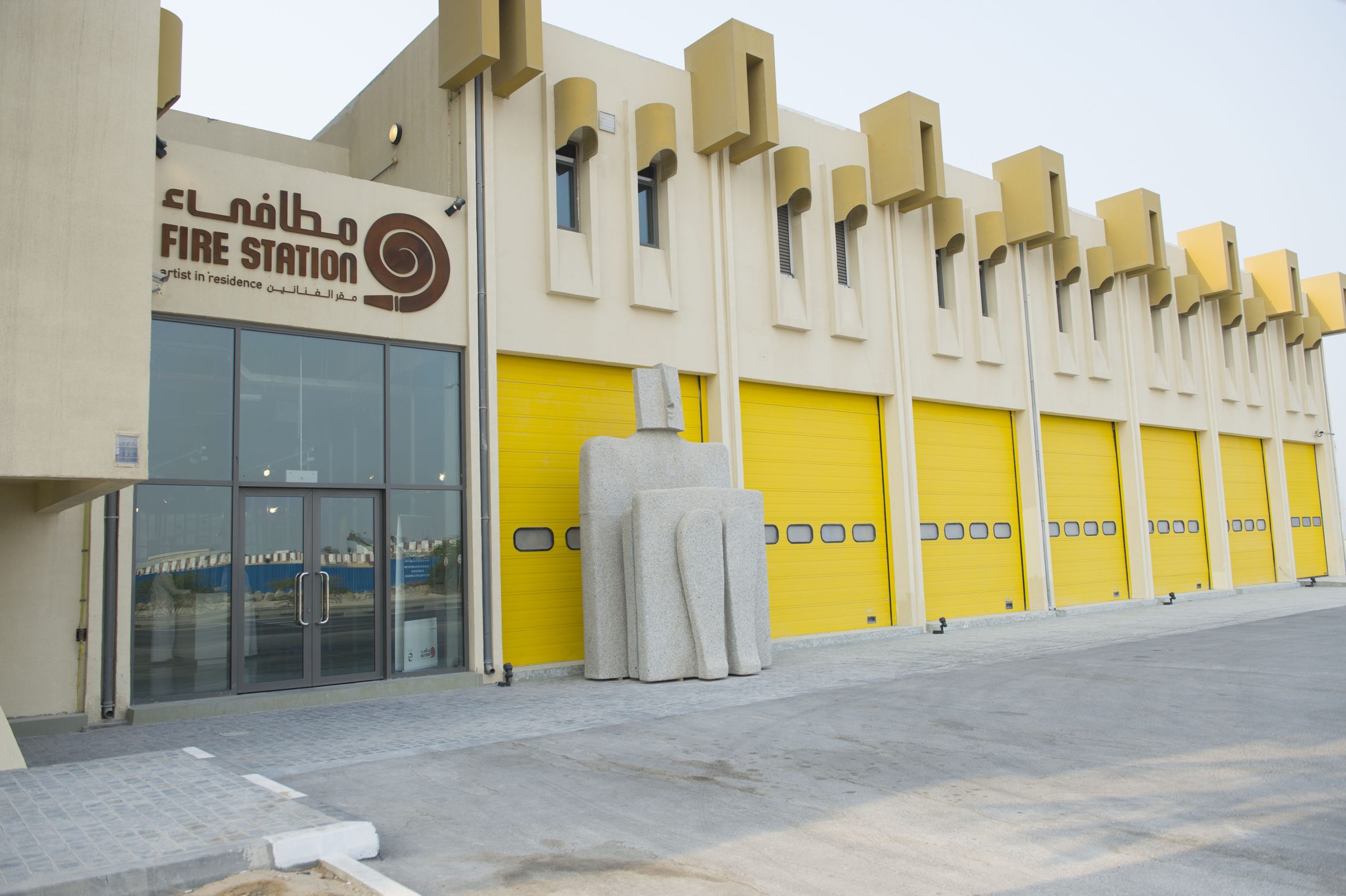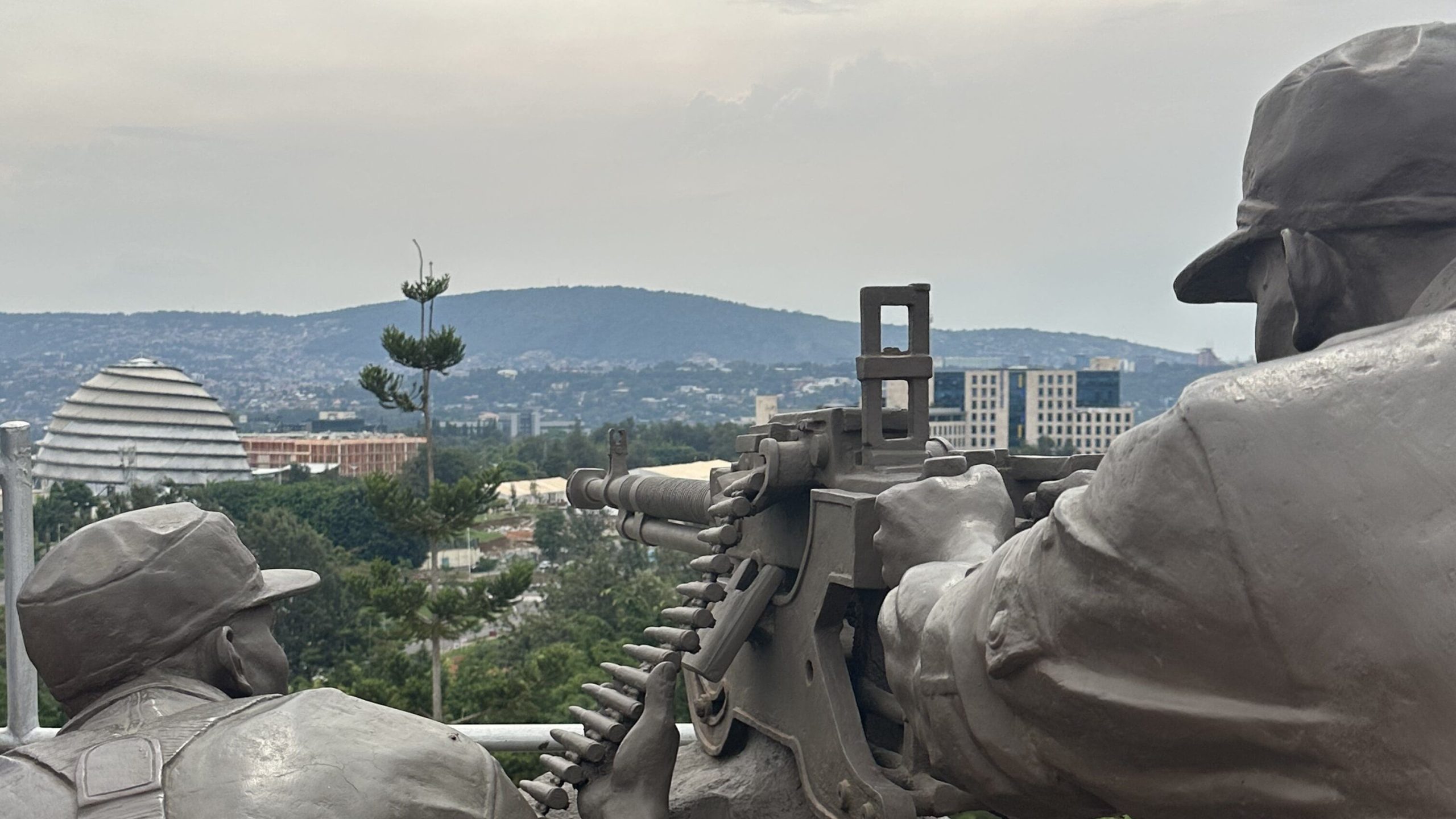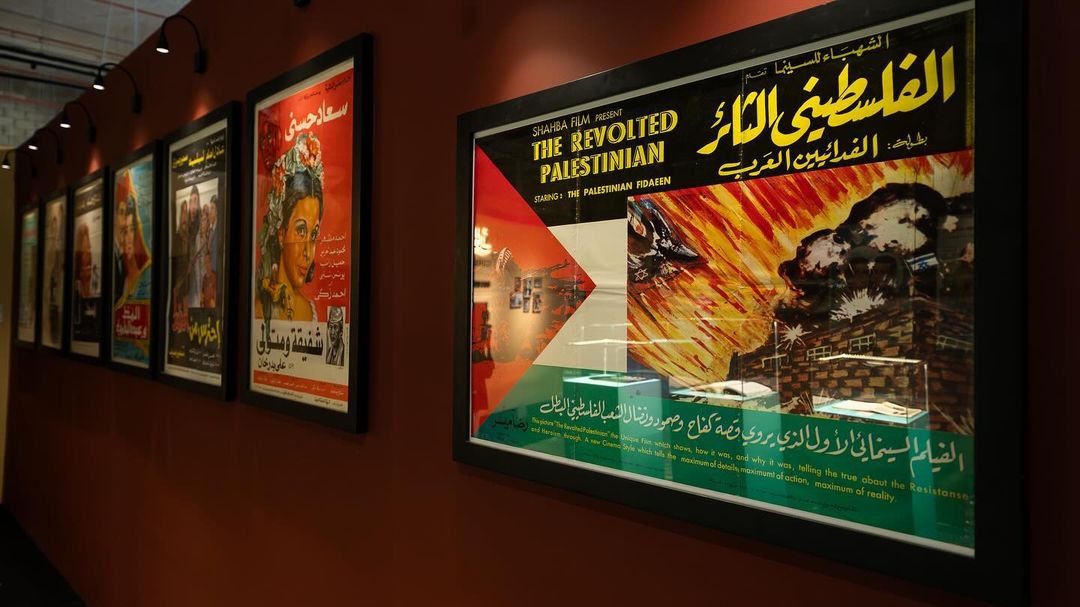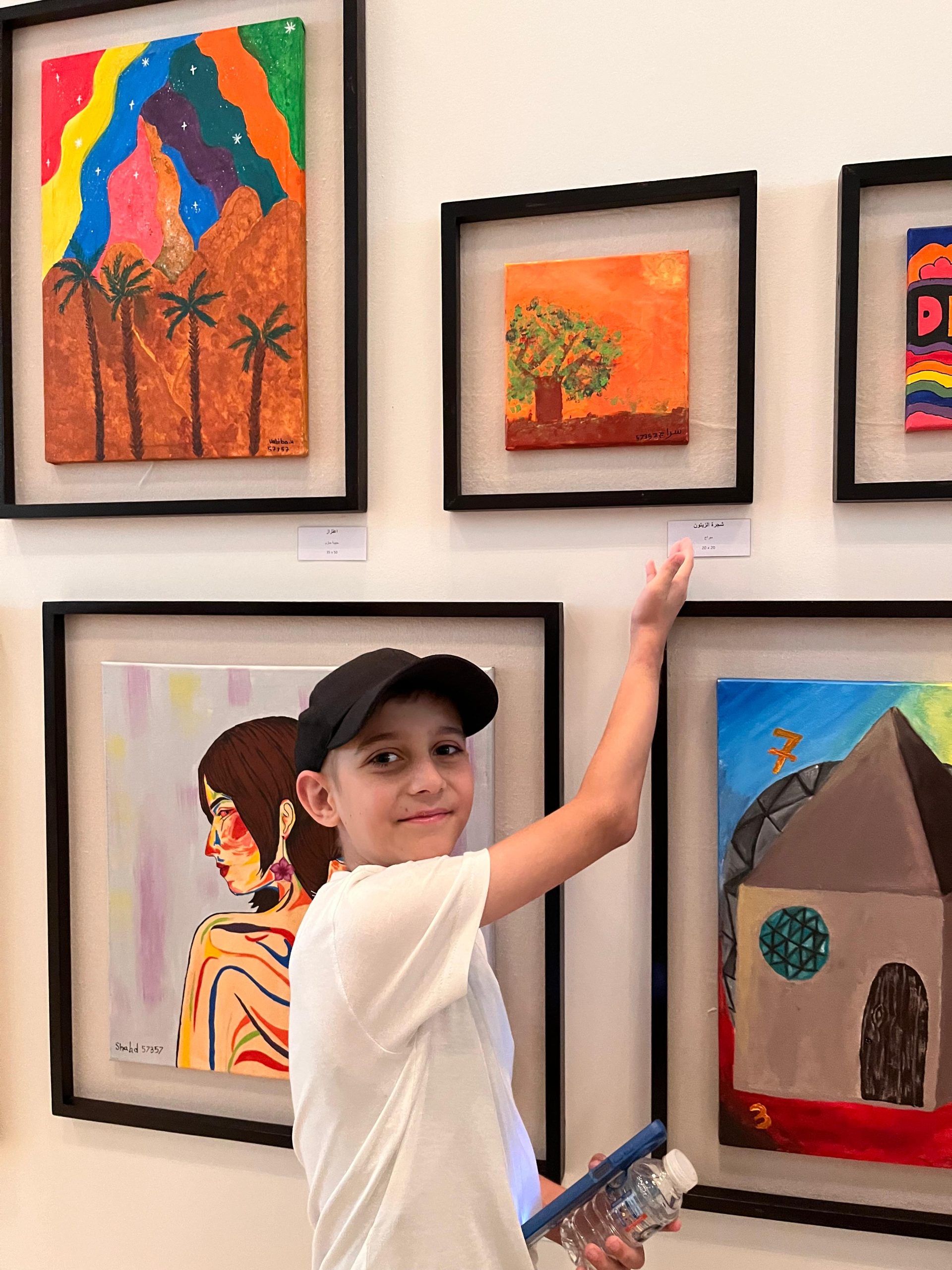
A project to collect medical data on thousands of Qataris and long-term residents here is helping participants become more aware of their health and has even uncovered many previously undiagnosed medical conditions, researchers have said.
The Qatar Biobank began operating in late 2012, collecting biological samples as well as health and lifestyle information from the local population.
The project was never intended to be a screening center for various medical conditions, but uncovering previously undiagnosed conditions has proven to be a positive side effect, said Dr. Hanan Al Kuwari, the chairperson of the Qatar Biobank Board of Trustees.
“Often, this is the first time these people have had opportunity to spend time talking to a nurse, asking questions and understanding issues around their health,” she said.
In the long-term, the biobank hopes to gain insights into why some people develop certain diseases while others do not, as well as understand how the health of the Qatari population is affected by an individual’s lifestyle, environment and genes.

And eventually, the aim is to improve the health of future generations through “personalized medicine” – treatment tailored to be effective for a specific person that avoids the need to, for example, experiment with different drugs and dosages.
Another example would be that instead of recommending that all men be screened for, say, colon cancer at a certain age, doctors could focus on individuals who are most susceptible based on their unique medical history.
“We would (ultimately) like to be able to tell each person, ‘These are your personal risk factors,’” said Dr. Hadi Abderrahim, the managing director of the Qatar Biobank.
Unexpected outcome
But despite being a long-term initiative, researchers told a press conference today that the initiative – which recently wrapped up its pilot phase – is producing valuable insights into the current health of the local population.
Many of the overall findings drawn from the project’s first 1,209 samples have already been well documented. Nearly three-quarters of the participants were overweight or obese and at risk of developing cardiovascular disease.
More than a third had borderline or high levels of total cholesterol, while more than two-thirds of individuals had below-average levels of vitamin D, which can lead to low bone density.
Additionally, the minimal exercise levels among many participants are “frightening,” Abderrahim said.
But among the most surprising results, he added, is the number of participants who were not aware of their health problems.
Nearly half of all volunteers were referred to Hamad Medical Corp. for follow-up medical care. Of those, 70 percent were unaware they had a disease, according to data released by Qatar Biobank.
However, Abderrahim said there were also positive surprises in the data, namely that public education messages appear to be resonating.
He said a “substantial amount” – hundreds – of participants said that they had made changes to their diet in an attempt to become healthier, something Abderrahim called “a light at the end of the tunnel.”
The process
Al Kuwari said most volunteers participate in the project for altruistic reasons, namely to improve the health of future generations.
Individuals are asked to fill out a questionnaire and provide blood, saliva and urine samples. Researchers also record a volunteer’s height, weight and blood pressure during the process, which takes approximately three hours. All the data is kept confidential.
The Qatar Biobank aims to collect 60,000 samples by 2018-19. Abderrahim said he is confident that the goal can be met as the facility expands, since there is currently a waiting list of would-be participants.

He declined to say what the center’s annual budget is, but noted that most of its expenses were fixed costs such as medical equipment. The facility operates under Qatar Foundation.
Currently, the per-patient cost is in the thousands of dollars, he said. But as the initiative moves beyond the pilot stage and ramps up operations, increasing the number of participants, he expects the cost to fall to be in the hundreds of dollars per patient.
If the Qatar Biobank’s goals are realized, however, Abderrahim said Qatar would save that amount of money many times over in health care costs.
Individuals interested in participating are asked to fill out an online form, call 4439-8899 or send an email to [email protected].
Participants must be above the age of 18 and either be a Qatari national or have resided in the country for at least 15 years.
Thoughts?

